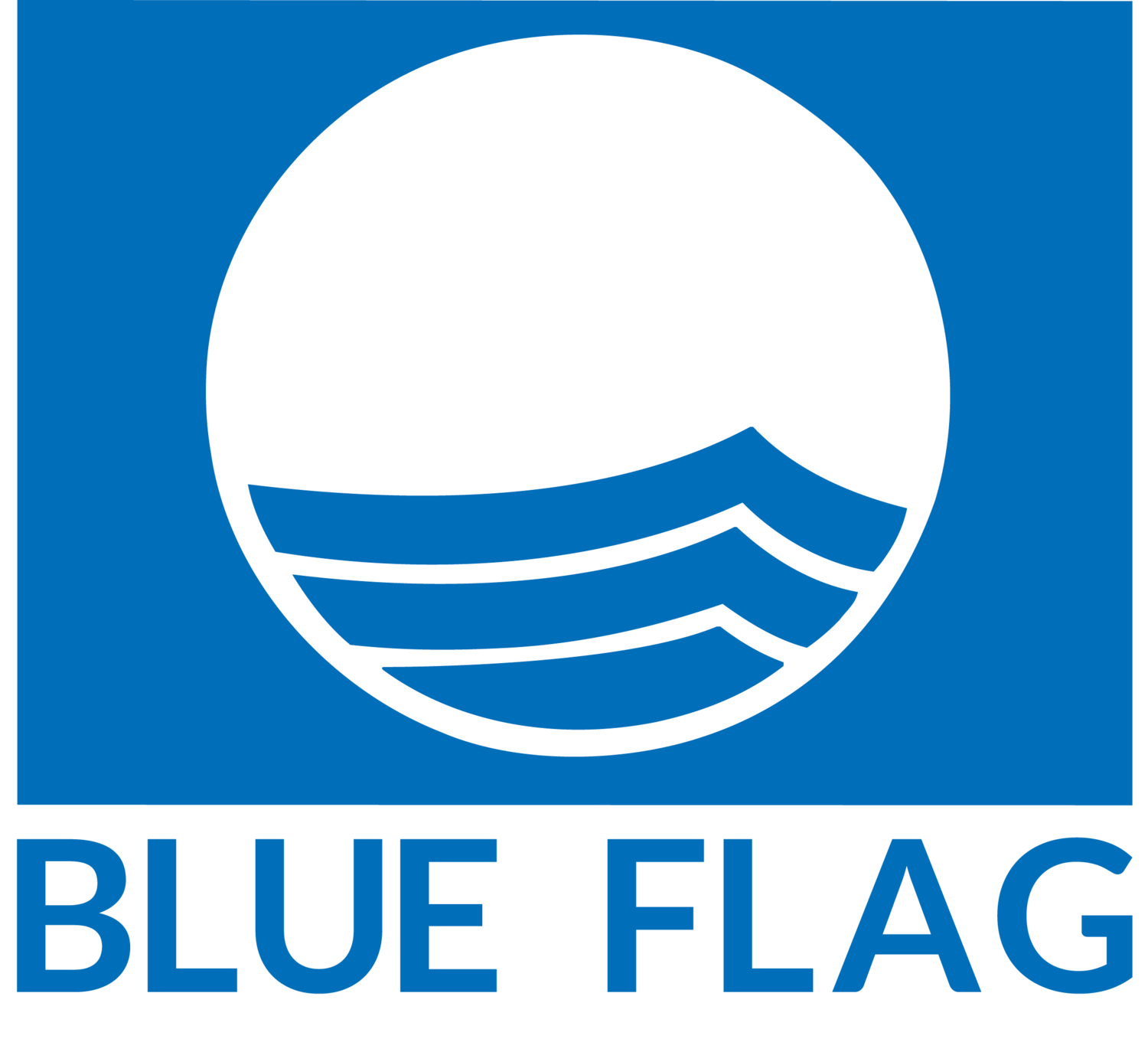The Marine Environment Protection Authority (MEPA) of Sri Lanka has officially launched the Blue Flag Programme, a prestigious global eco-label awarded to beaches that meet strict environmental, educational, safety, and accessibility standards. The event, held on 13 September at the Cinnamon Grand Hotel in Colombo, marks an important step in promoting sustainable tourism and coastal conservation in Sri Lanka.
The launch event was attended by key figures in the Sri Lankan government and representatives from the international community. Mr. Sathyanandan, Secretary of the Ministry of Urban Development and Housing, served as the chief guest, alongside representatives from the Ministry of Tourism and the British High Commission.
Also present were stakeholders from five pilot beaches—Mirissa, Arugam Bay, Unawatuna, and two additional locations—identified in the Memorandum of Understanding (MoU) for the Blue Flag initiative.
In his address, MEPA Chairman Asela Rakewa highlighted the significance of the Blue Flag certification, underscoring its potential to enhance Sri Lanka’s coastal management practices and promote eco-tourism. MEPA General Manager Jagath Gunasekara, a key figure behind the programme’s development in Sri Lanka, echoed this sentiment and thanked the Ministry of Tourism for its financial support in establishing the pilot sites.
The Foundation for Environmental Education (FEE), the organization behind the Blue Flag programme, was represented by Sanskriti Menon, FEE’s appointed mentor for Sri Lanka, who emphasized the global significance of the Blue Flag eco-label and shared experiences from Blue Flag’s implementation in India, where the programme has contributed to local economies, improved coastal protection, and created new opportunities for communities.
Future Plans and Collaboration with Local NGOs
MEPA has also engaged with local environmental organizations to ensure the programme’s long-term success. Jerome Fernando, head of the environmental NGO Ocean Force, is expected to play a key role in coordinating efforts on the ground, although further capacity-building and development are required for the organization to take on its full responsibilities. Menon and other stakeholders have emphasized the need for a dedicated national operator for Blue Flag to manage the programme effectively.
Ocean Force is collaborating with other local NGOs such as Earth Lanka and the Young Biologists Association, whose representatives were also present at the event. These organizations have been active in coastal clean-ups, biodiversity restoration, and community engagement, positioning them as key partners in the implementation of Blue Flag’s sustainability goals.
The launch of the Blue Flag programme represents a significant milestone in Sri Lanka’s environmental and tourism sectors. By joining the global network of Blue Flag beaches, Sri Lanka aims to set a high standard for sustainable tourism, balancing economic growth with environmental stewardship.
In addition to the launch event, MEPA organized a beach clean-up at Sarakkuwa Beach on 14 September, as part of International Coastal Clean-up Day, with volunteers from the local community participating alongside MEPA staff.
As Sri Lanka embarks on this journey, the Blue Flag programme promises to bring lasting benefits to local communities, visitors, and the country’s unique coastal ecosystems.


